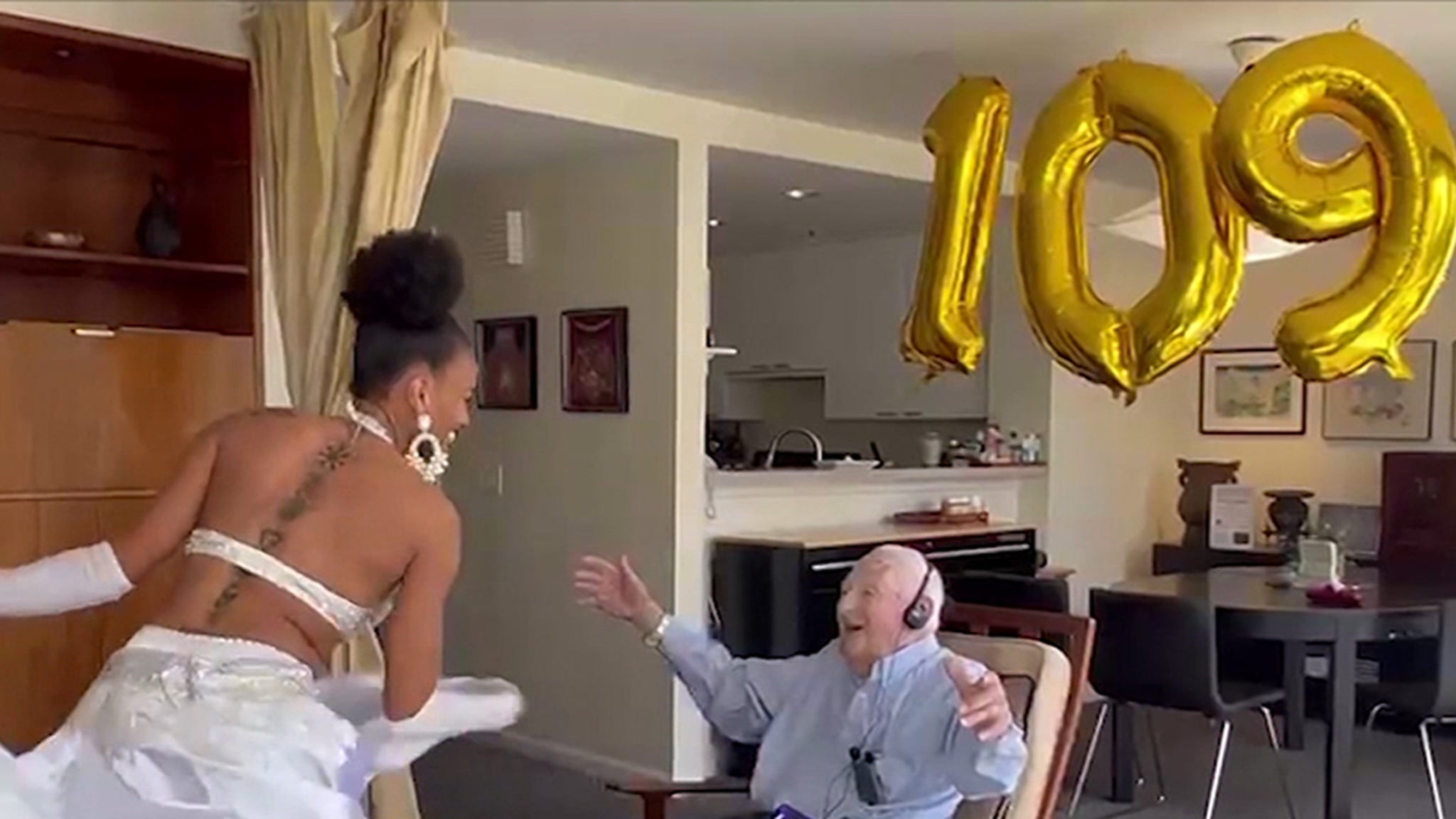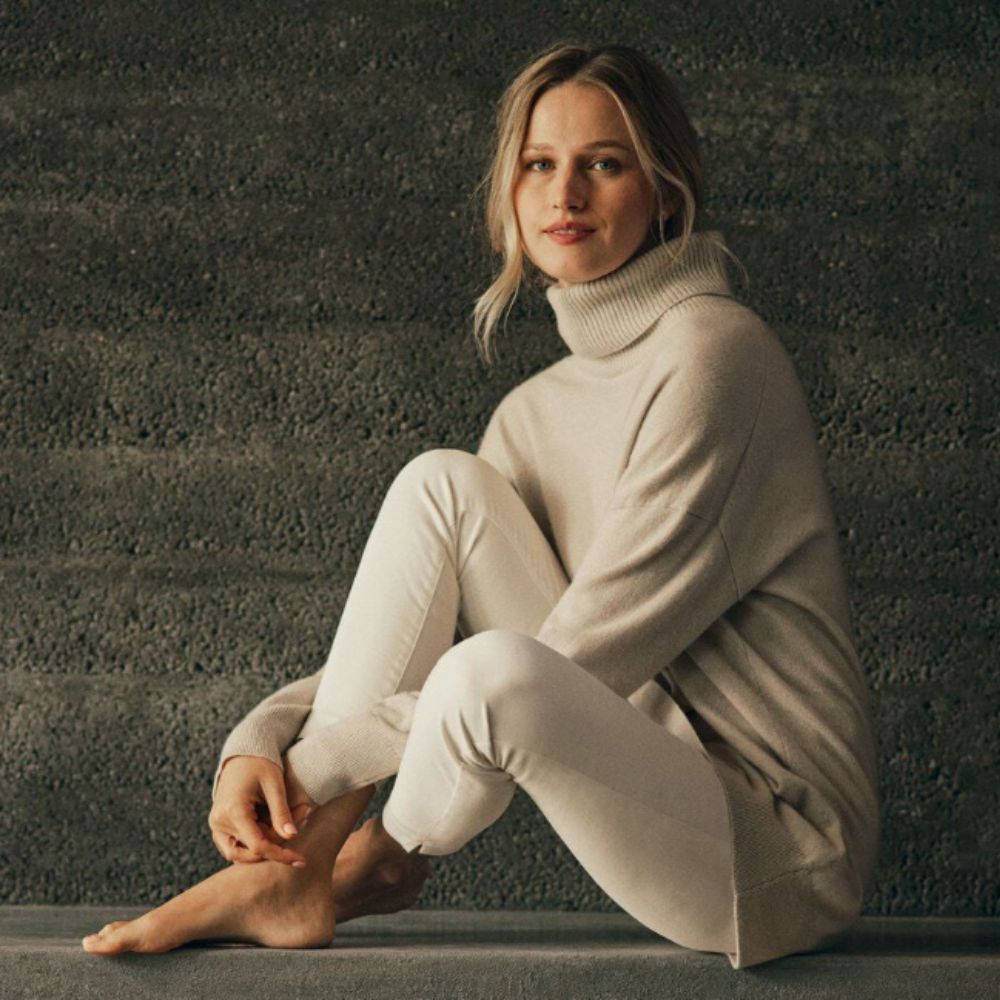Even for the most ardent fans, there are certain movies within the Hallmark canon that touch you so indelibly they become a part of your annual Christmas tradition.
A Biltmore Christmas is about to become a tradition for many by emulating the unique blend of glamour, visually striking style, and compelling storytelling from the Golden Age of Hollywood, starring icons like Cary Grant, Katherine Hepburn, Jimmy Stewart, and Lauren Bacall.
Kristoffer Polaha was born for that era with his versatility as an actor who can exude charm and elegance while also representing the everyman persona. He has the emotional range for dramatic roles and the right comedic touch to bring laughter to the audience.
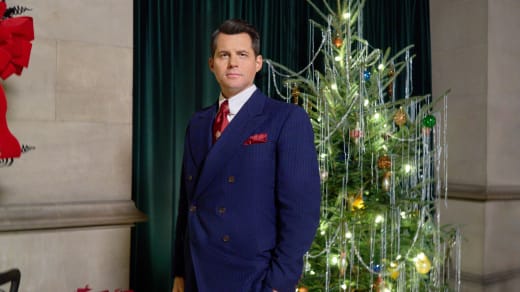
In the most anticipated movie of the holiday season, Kris uses that talent to bring 1940s actor Jack Huston to life opposite Bethany-Joy Lenz, who is playing his anthesis as a present-day woman hoping to modernize a Christmas classic.
The two are an absolute joy to watch screen, evoking a spectrum of emotions with an enchanting time-bending story suggesting that while time and place may matter to storytelling, storytelling’s essence is everlasting.
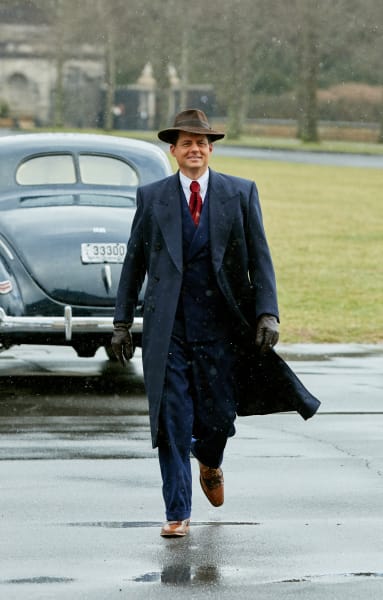
We had the chance to talk with Kris, and his enthusiasm for the project was palpable as we discussed the film’s unique elements and the magical experience of shooting at such a historic location.
The conversation began as Kris reflected on the power of social media and his emphasis on using it to spread hope. “It’s the easiest way to interact,” Kris explained, using the platforms to inspire rather than divide.
Hallmark offers actors the opportunity to spread hope and joy, and Kris understands the genre and its place in the filmmaking universe. But as soon as he read the script, he felt A Biltmore House was different.
“It was truly transcendent, like of the genre. To me, it was like this is the very best version of what this genre can be, like all of the potential was realized.” This enthusiasm stemmed from the film’s ability to elevate the Hallmark movie experience.
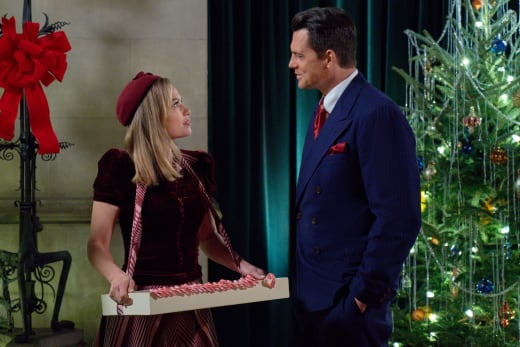
The setting of the Biltmore House during winter added an enchanting layer to the film. Kris recalled, “The fact that we were able to shoot it at Biltmore House, in the winter, right after Christmas with all the decorations and the spirit of Christmas and the magic of that whole season still hanging in the air, the recipe was… It was all in.”
He also spoke highly of his co-star, Bethany Joy Lenz. “I think she’s remarkable. She’s a titan as an actress,” he said, highlighting the instant chemistry between them that added depth to their on-screen relationship.
There’s a nostalgic allure to movies from the Golden Age of Hollywood. They offered escapism during a time of global unrest and have inspired us for generations. Imagining himself in that era suited Kris, who views Hallmark as today’s version of those great movies of the past.
“I got the chance to play a 1940s movie star… It was going to be so much fun,” he said with a bit of awe.
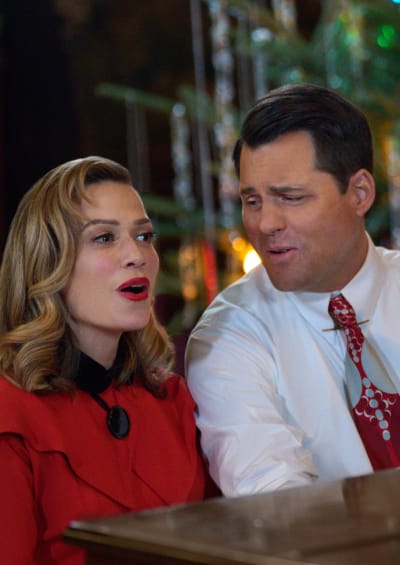
He was also thrilled to work again with director John Putch, noting that he “had a hundred percent trust and faith in the director” and marveling at the skill of the crew.
It was the same 15-day shoot as normal, but there was just something about it, he said. “Maybe it was the space, maybe it was because we were at the biggest private home in America. There was just something bigger about the production.”
Filming at Biltmore House transported the film to the era. “It bends time,” he said, detailing how the historic setting contributed to the authenticity of their performances.
“It allows you to be in a place and a space that has a certain patina and a certain magic to it,” he said. “You can just stand in the space, and you can really take it in, and you can start to smell the curtains, and you can start to feel the temperature of the room, and you get to live in the space a little bit.”
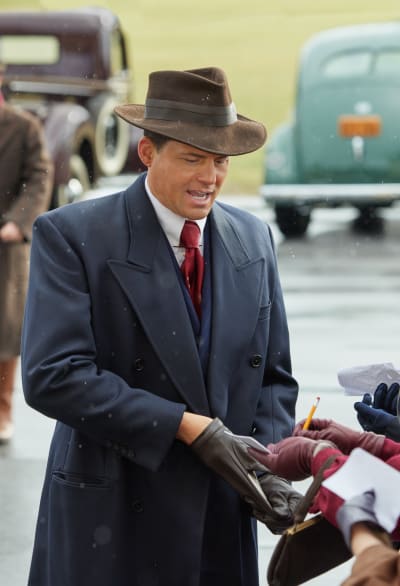
He even shared a personal moment. “I took a nap in the library between takes… I just got to stare at this unbelievable, beautiful artwork on the ceiling for a good 30 minutes before I drifted off to sleep. That changes everything in the performance.”
A Biltmore Christmas allows Kris to play an actor in the film and a role that actor is playing in a film much like It’s a Wonderful Life if Cary Grant had been its star. Like many of us, Kris has a fondness for the bygone era of Hollywood. “I think I was born in the wrong era.
“I think had I been born in 1920, and my prime as an actor was in the 1940s or even a little earlier … I think I would’ve had a very different run in Hollywood.” He believes there was a certain time and place for actors like him, where his style would have perfectly matched the matinee idol archetype of early Hollywood.
His affinity for this period isn’t just a passing interest. “I got my start doing Eugene O’Neill,” Kris shared, revealing a deep connection with the playwright’s era, spanning from 1916 to the 1940s. This historical period feels like second nature to him, as he mentioned, “It’s in my blood, and it’s in my bones.”
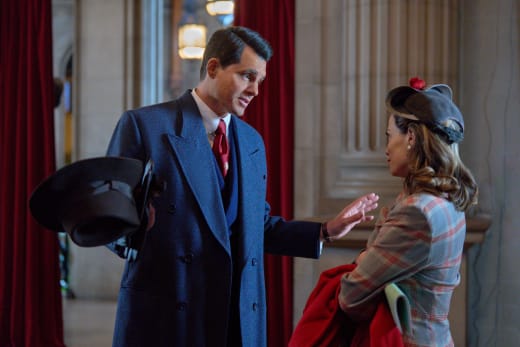
Kris’s role in A Biltmore Christmas was not just another acting job; it was a journey back to an era he loves. “To do this movie felt unbelievably natural, and it felt like I was going home,” he said, describing the experience as a ‘homecoming of sorts.’
Kris played dual roles in the film, both the character in the movie as well as the character in the movie within the movie, titled His Merry Wife! The duality seemed to come naturally to him.
“You’re playing that character, and then you’re also playing the actor who’s playing him, but you were perfectly suited for both,” I observed, to which Kris humbly expressed his gratitude.
Exploring the idea of recreating classic films, Kris pondered the challenges and the magic of bringing old stories to life in modern times.
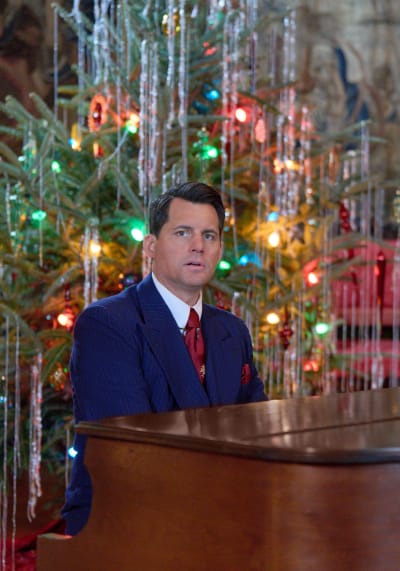
“The magic of film is that we get to see the original still,” he mused, rather than the necessity of bringing plays to life on stage. “The play itself is living history, and when we get to bring that to life on stage, there’s a triumph, and we feel like we’re part of a continuum.”
As much as he’s dallied with the idea of remaking It’s a Wonderful Life, he can’t imagine modernizing Pottersville any more than he can imagine a modern film in the original setting.
“I think that’s why movies will never go away as an art form because they’re time capsules,” he explained, emphasizing their enduring nature.
Many of us wonder what it must be like seeing slices of your life reflected on the screen, and Kris acknowledged the surreal feeling of seeing himself evolve as a man and as an actor.
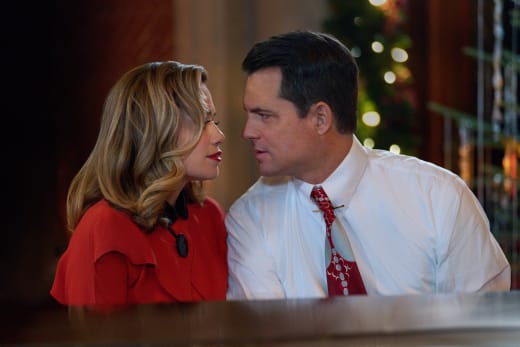
“I’m always kind of blinded by how far I’ve come as an actor,” he admitted, recognizing that his early works now feel like distant memories, marking different phases of his life.
“If I look at Life Unexpected, I still feel like Baze in a lot of ways, but now the hair is turning gray a little bit. And I am changing, I am getting older,” he marveled.
“If I were to step back into Baze’s clothes, he was a young man, and it’s different. Go back to North Shore, and that guy’s a kid. So I’m starting to get enough distance from the early work where it is starting to feel like they are time capsules,” he admitted.
Kris offered his perspective on how A Biltmore Christmas fits into his broader body of work, offering insights into his journey and aspirations as an actor.
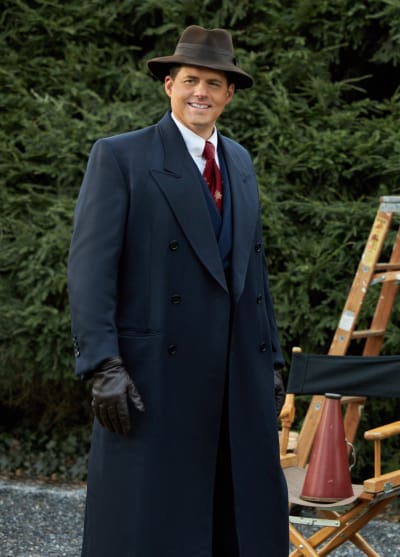
Kris compared his career trajectory to an artist’s creative periods, saying, “Like if an artist has periods of their life, like Picasso’s Blue Period, and if it is an actor, I have my Hallmark period where I hope to do Hallmark movies.”
Kris has a deep affection for Hallmark, valuing the company’s family-centric culture and the supportive atmosphere among the actors.
“It is a beautiful atmosphere and everything that you guys see and read in the press and what you guys are promoting, and I’m sure you know it from having talked to all of us, but we’re just all in on supporting each other,” he explained.
Kris considers A Biltmore Christmas a significant milestone in his career, a film that encapsulates his growth and learning in the industry. He remarked, “I think that this will be the film that is the watermark. It was everything I knew about the genre put to work.”
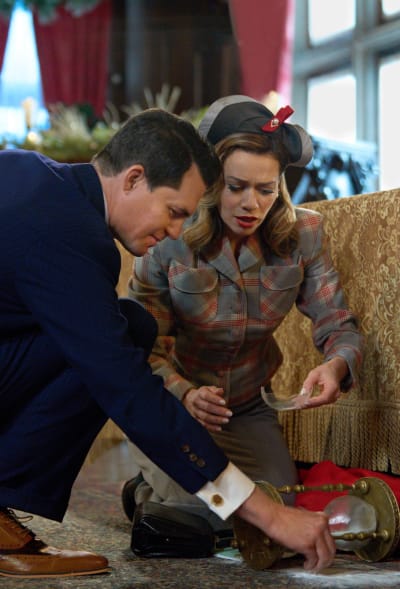
His collaboration with costar Bethany Joy Lenz was particularly noteworthy, as he described their on-screen dynamic as two powerful forces perfectly in sync.
“We were just having so much fun because no matter what she gave, I was right there to catch it and give back. No matter what I gave, she was right there to listen and catch it, give back. It was a really fun working relationship that we had on that shoot.”
After sharing my thoughts about the movie’s impact and becoming a part of viewers’ annual holiday traditions, Kris expressed excitement about the film’s potential, saying, “You want big, big ratings, and then, in the same breath, you want people to just genuinely love it.”
Looking ahead, Kris mentioned his upcoming theatrical release, The Shift, which heads to theaters on December 1. He has great enthusiasm for its unique concept and the profound impact he hopes it will have on the audience.
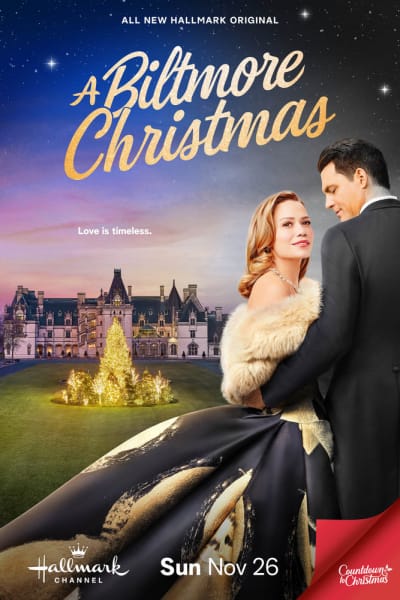
He described the film as “a love story, but a man who’s willing to go to the ends of every universe to get back to the woman he loves, but it’s also the Book of Job.”
Spreading hope and love comes naturally to Kris any time of the year, and his actions shed light on his artistic journey. His powerful messages and gratitude for what he’s achieved pervades his life and his on-screen roles, underscoring his dedication to his craft and desire to leave a lasting impression through his performances.
Join him on that journey as he and Bethany Joy vividly bring the past to light in A Biltmore Christmas Christmas, premiering Sunday, November 26 at 8/7c, only on Hallmark Channel.
Carissa Pavlica is the managing editor and a staff writer and critic for TV Fanatic. She’s a member of the Critic’s Choice Association, enjoys mentoring writers, conversing with cats, and passionately discussing the nuances of television and film with anyone who will listen. Follow her on X and email her here at TV Fanatic.


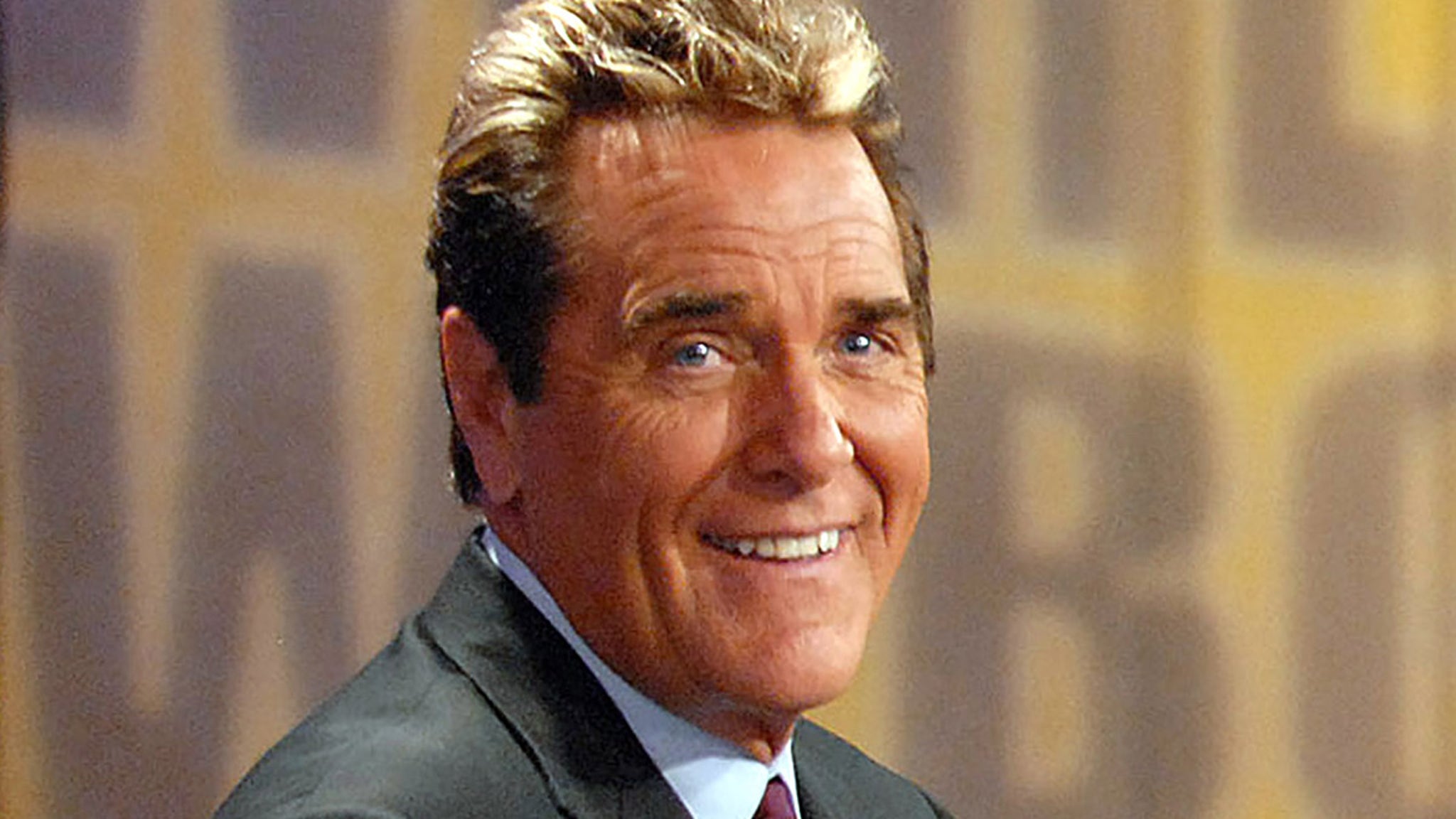





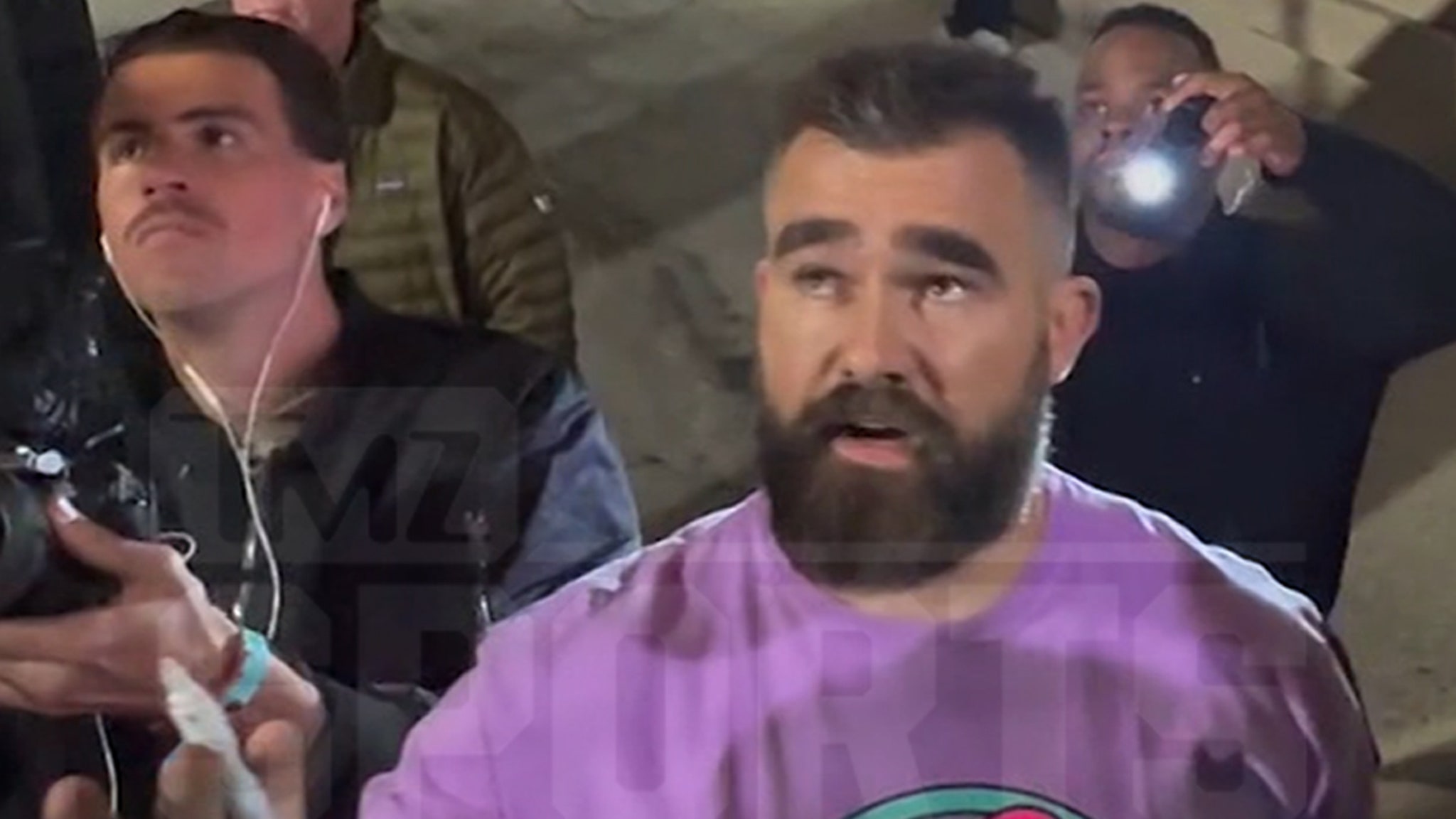
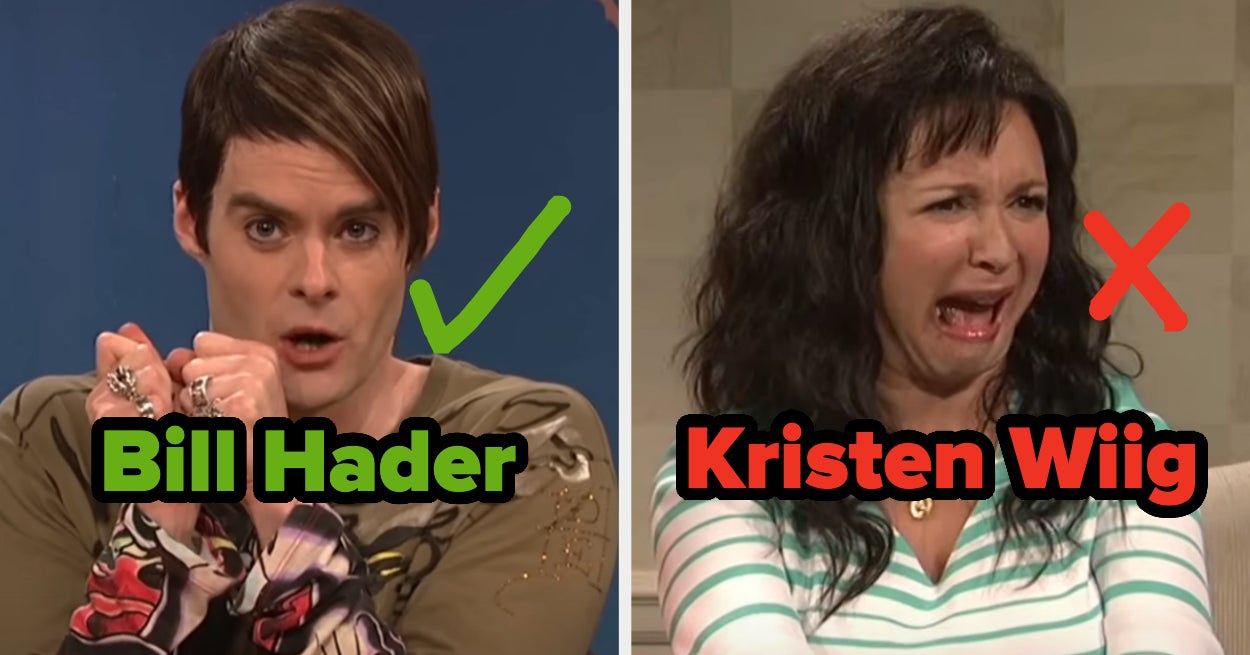
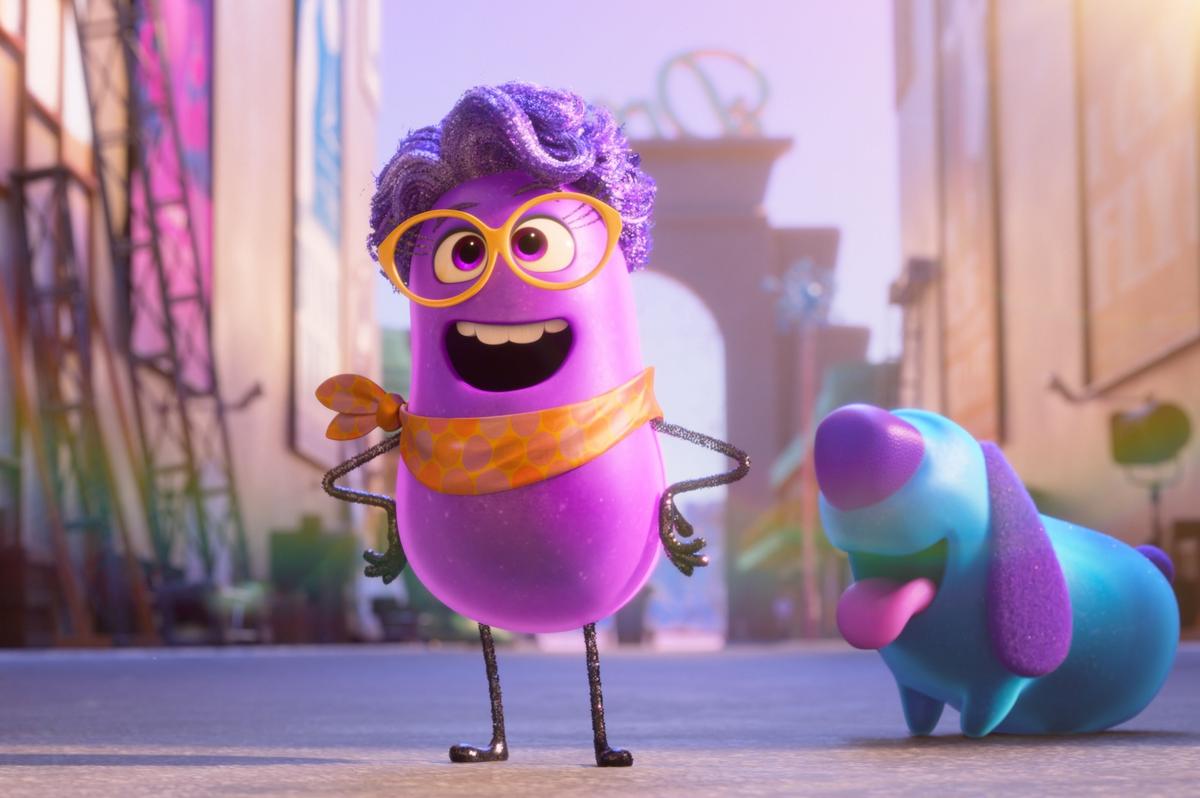









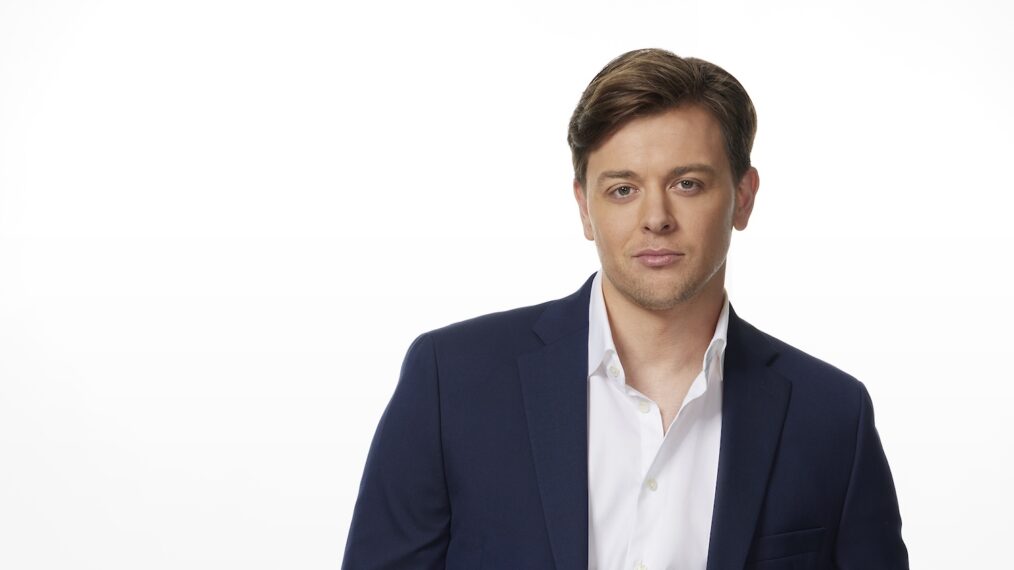





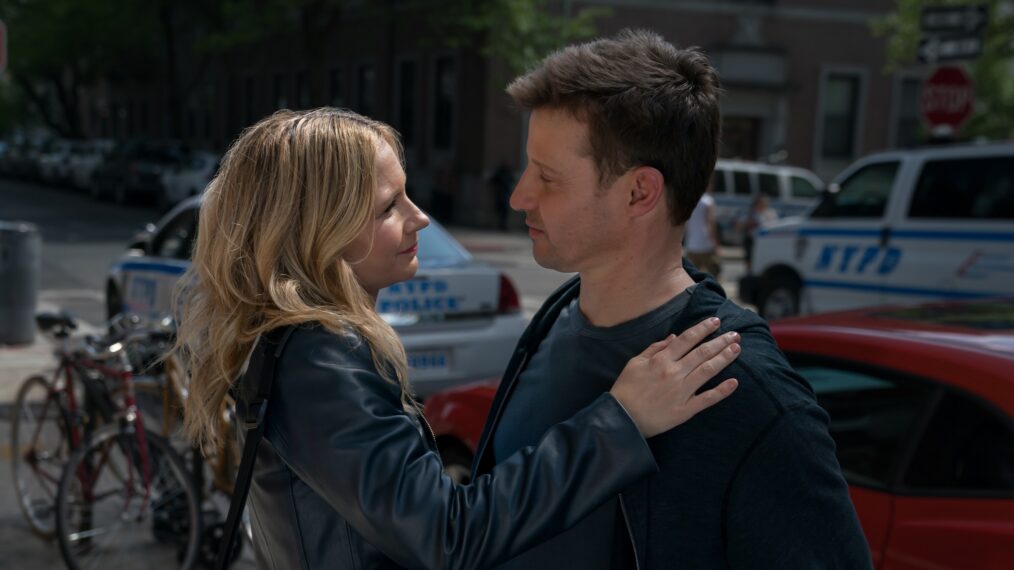










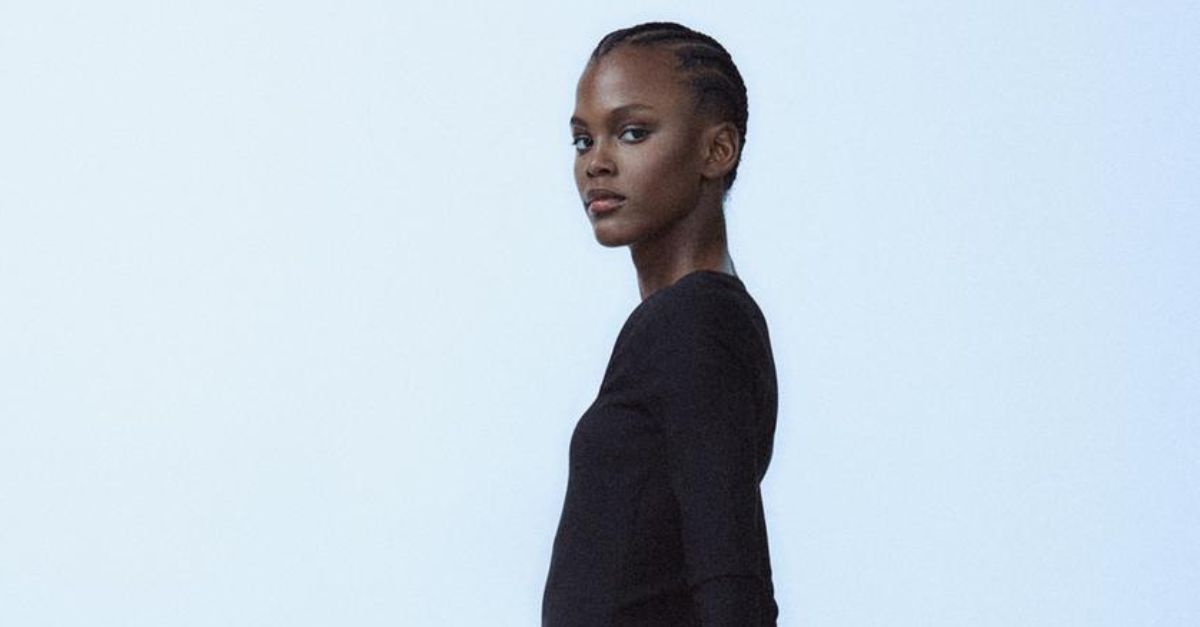
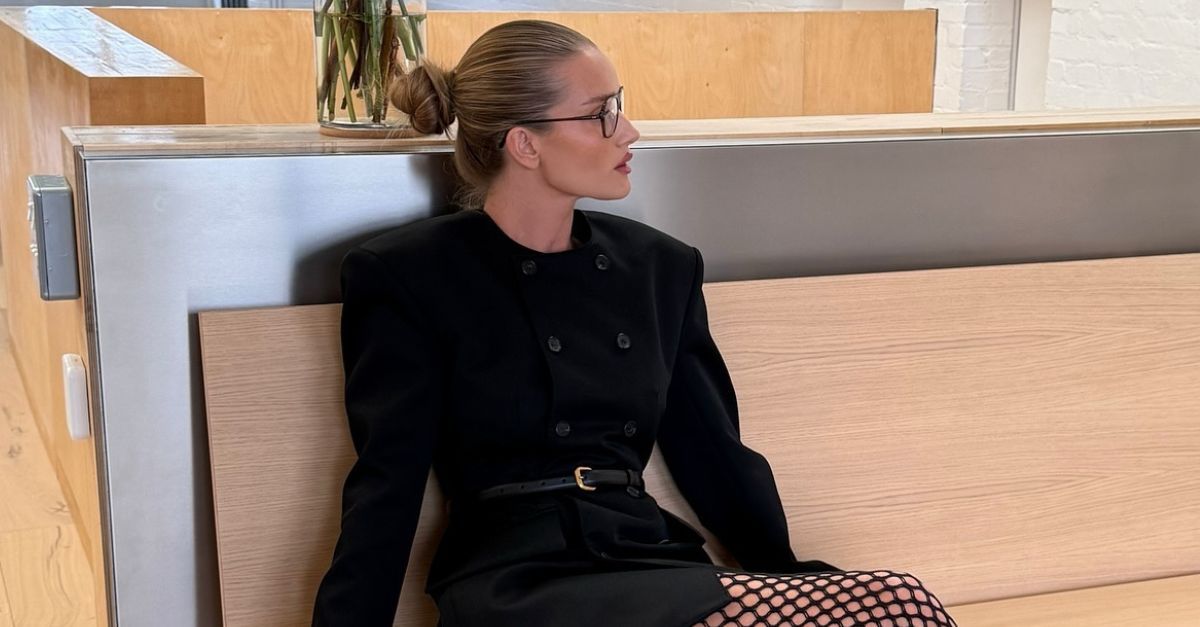


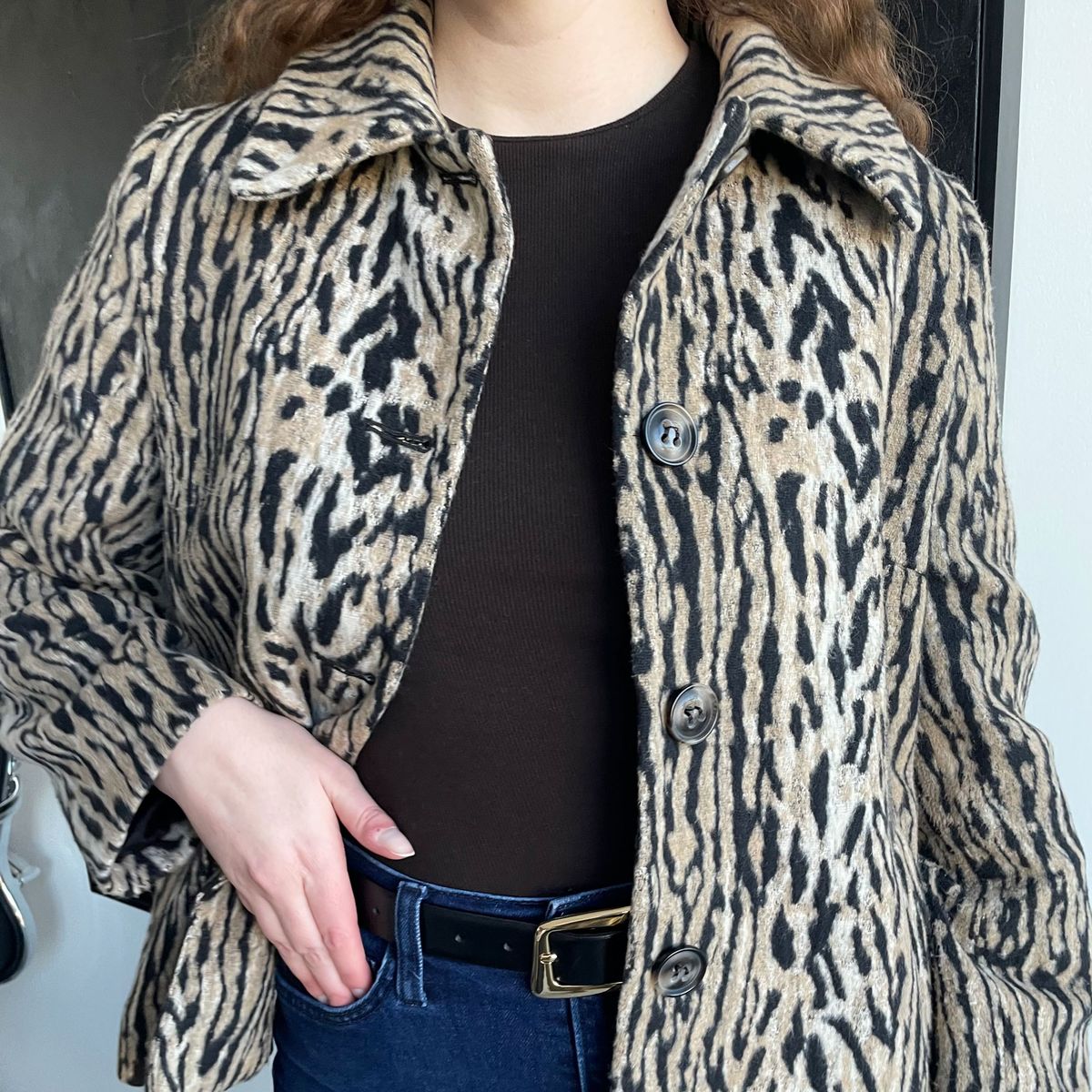






















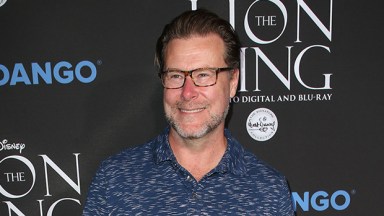
![Fossil Games Promises Creeping Tension With Its Narrative-Driven Adventure Game ‘Sick’ [Trailer] Fossil Games Promises Creeping Tension With Its Narrative-Driven Adventure Game ‘Sick’ [Trailer]](https://i0.wp.com/bloody-disgusting.com/wp-content/uploads/2023/11/sick.jpg?resize=1000,600&ssl=1)









